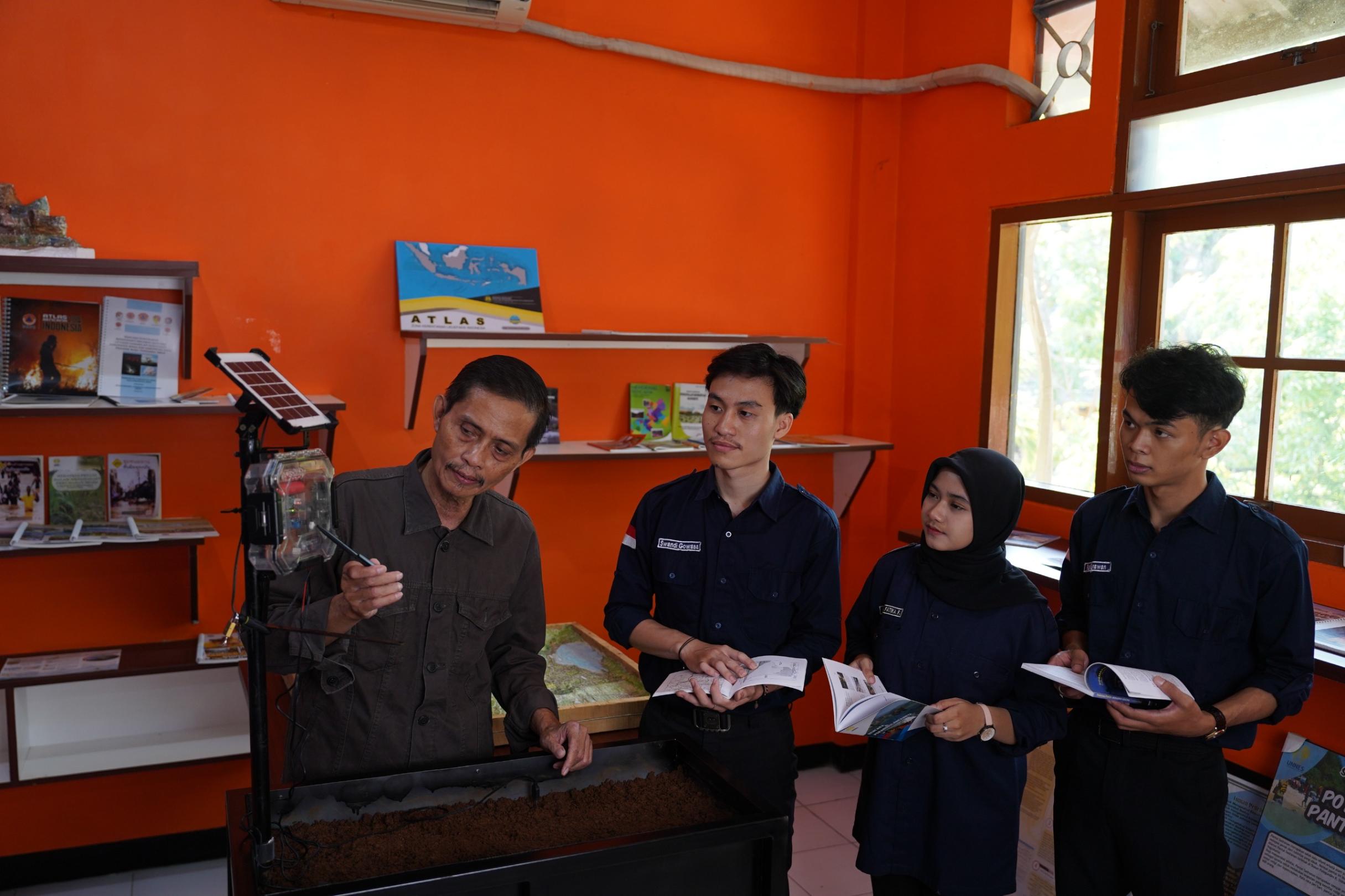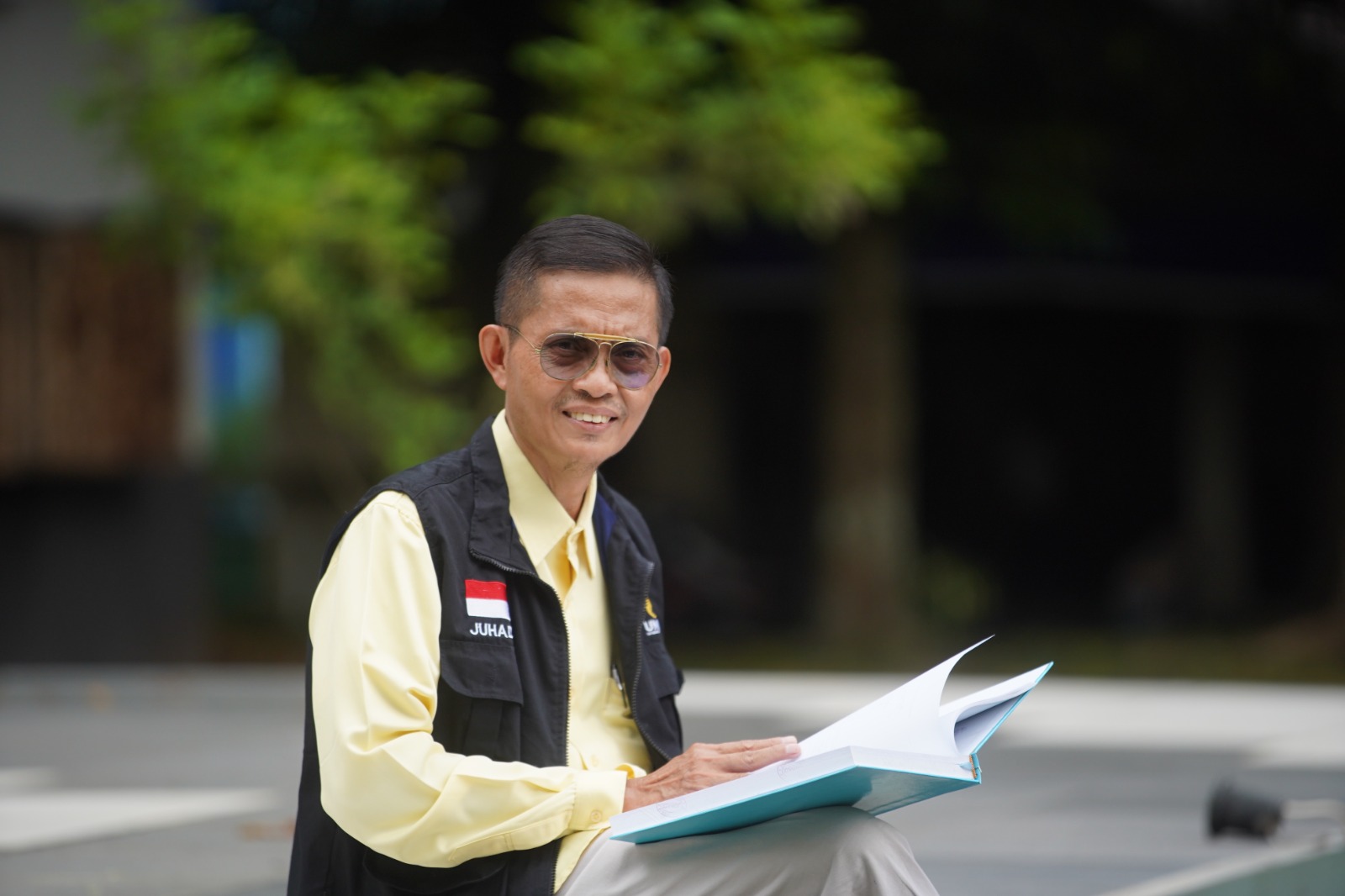Landslides remain a looming threat to communities in Central Java, Indonesia, often striking without warning and causing devastating consequences. The absence of a reliable early warning system has left many residents vulnerable to sudden disaster.
Rising to meet this challenge, Prof. Dr. Drs. Juhadi, M.Si., an environmental geography and disaster mitigation expert from Universitas Negeri Semarang (UNNES), has designed an innovative solution called Land Instability Detection Unit (LINDU).
See also: UNNES Advances Campus Electrification with Renewable Energy Network
Born out of deep concern for the safety of local communities, LINDU is an Android-based early warning system for landslides, enabling detection, monitoring, and alerts for potential ground movement in specific areas.
With its simple yet sophisticated interface, LINDU allows residents and local authorities to receive real-time notifications when land instability is detected. Through instant alerts sent directly to smartphones, the system provides critical early warnings, giving people precious time to act.

LINDU is not just about technology, it is about saving lives, empowering communities, and fostering resilience. In hillside villages where homes and farmlands cling to unstable slopes, the device acts as an invisible guardian, offering vital minutes for evacuation, emergency mitigation, and the prevention of tragic accidents.
See also: UNNES Launches Electric Motorcycle Prototype to Support Indonesia’s Renewable Energy Transition
The innovation reflects Prof. Juhadi’s long-standing research journey. His work consistently focuses on applied geographic studies aimed at disaster prevention. LINDU embodies his belief that research should not remain confined to academic papers. Instead, it must translate into practical solutions that serve society directly.
Ensuring its sustainability, Prof. Juhadi continues to refine the system so it can adapt to local conditions, be easily operated by village officials, and be integrated with community disaster preparedness training. Far from being just a digital tool, LINDU is nurtured as part of a culture of readiness, a spirit that flows from university research labs to the very heart of rural communities.
See also: UNNES Study Advances Biomass Pyrolysis for Renewable Bio-Oil Production
The presence of LINDU signals a shift in how science serves humanity. Through his work, Prof. Juhadi offers a living example of how national research and technology can reach grassroots communities, protect lives, and strengthen collective resilience.
